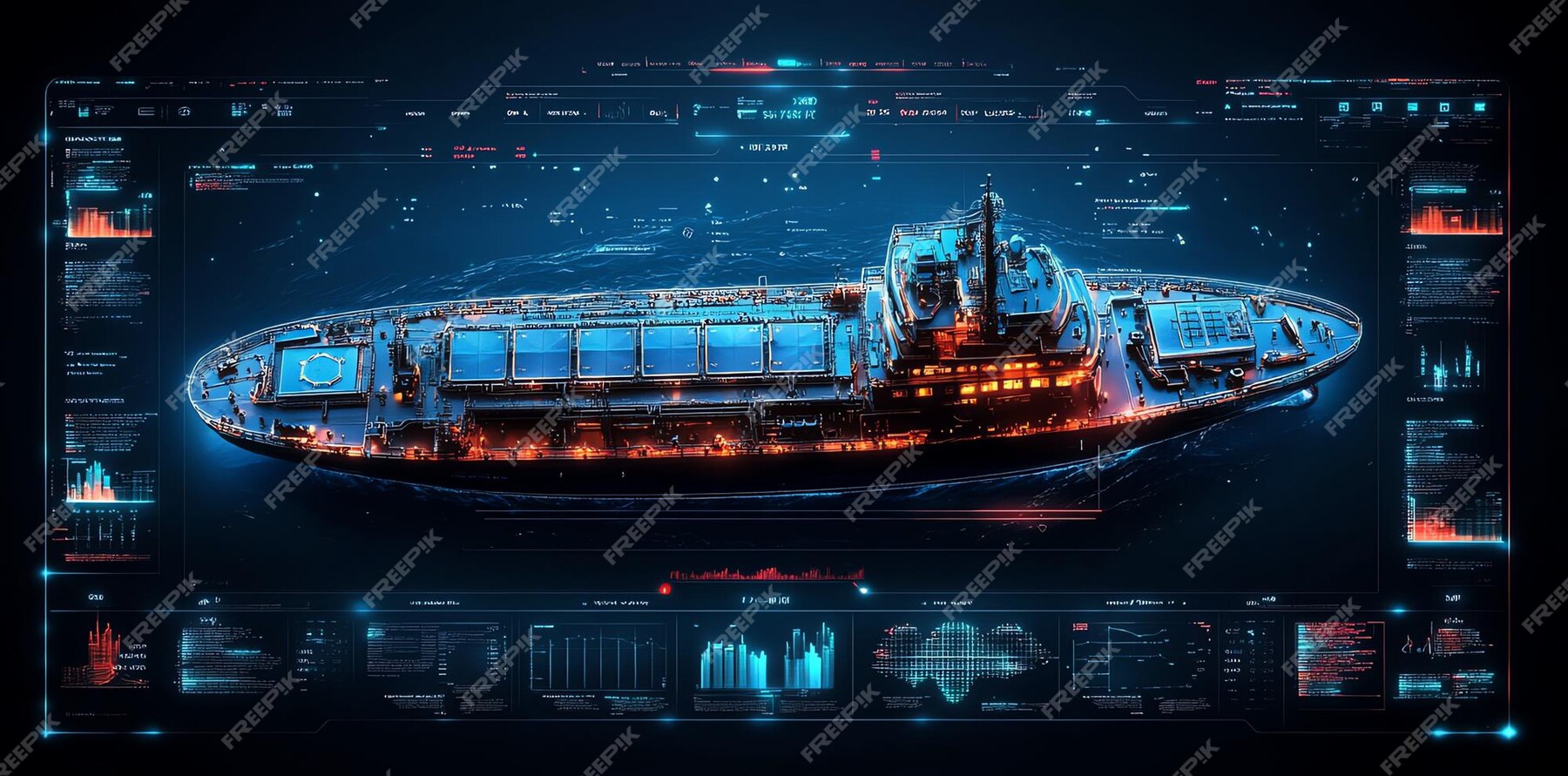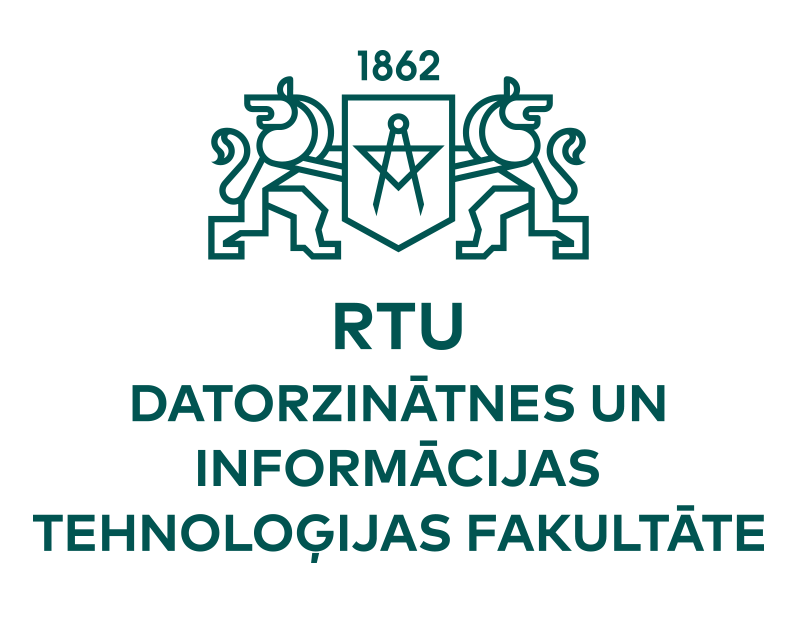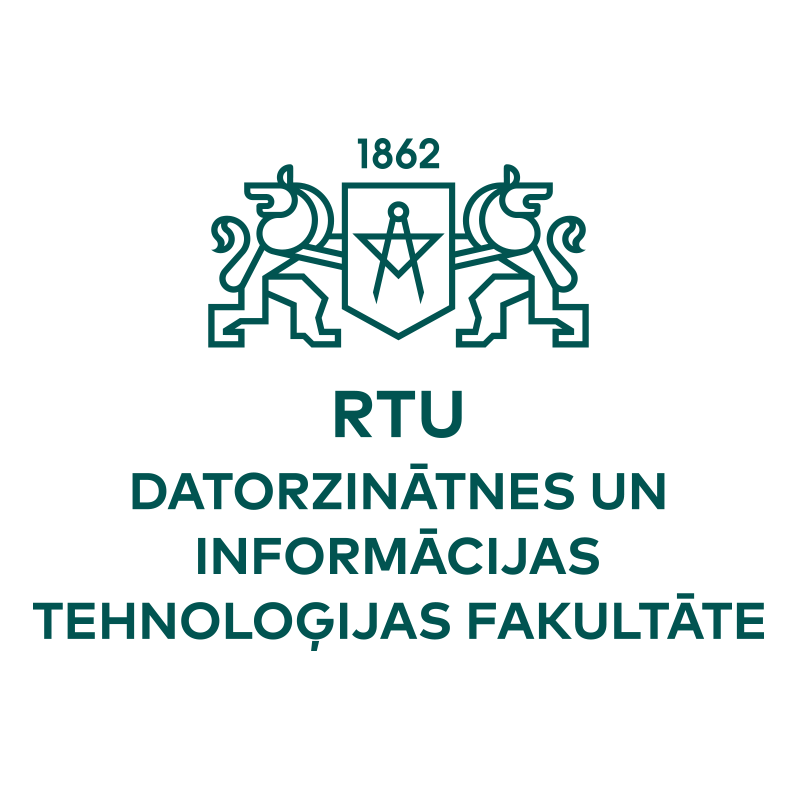
Projekta realizācijas laiks:
Summary:
Development of technologies have also affected traditional industries such as maritime and shipping. The maritime industry relies on digital communication, navigation, and OT/IT systems. Maritime transport chains, certification, port formalities, and operations of ships need to be adapted to the latest technological solutions available in shipping. Since 1 January 2024 the single window for data exchange is mandatory in ports around the world, marking a significant step in the acceleration of digitalization in shipping. Latvia is a key player in logistics and other services executed via three major and seven smaller ports to respond to the needs of local and international businesses. Thus, digitalization of maritime is also on the agenda of stakeholders nationally.
The development of technologies and increased use of them in maritime offers not only benefits, but also brings certain risks relating to cyber-incidents. Geopolitical challenges also impact the security of maritime operations and can be exploited by cybercriminals or adversaries. Cybersecurity is an essential aspect for digital systems or platforms that
can be used in maritime, so that the safe authentication, integrity, and confidentiality in digital information exchanges via maritime digital services is ensured.
Main goals:
This project aims to propose a maritime ecosystem's cyber resilience knowledge model to enhance human performance in cybersecurity crisis situations, considering risk levels of organization, human, software, hardware/cloud, and communication elements most specific to the maritime field.
Results:
The project will produce a cyber resilience knowledge model, define the typical cyber kill chain for ports, and align with scenarios and experiences of several countries, contributing to the enhancement of maritime port infrastructures. Moreover, the project will complement cybersecurity playbooks for essential infrastructures used in ports by adding research-based elements to assess the risk, mitigate cybersecurity breaches, and relate to critical port events.
Team:
The project team consist of members representing RTU Information Technology Institute, RTU Latvian Maritime Academy and researchers from VU Cybersecurity Laboratory (CSL) at the Institute of Computer Science, Faculty of Mathematics and Informatics, thus, strengthening the collaboration with international research groups. The RTU and VU have successful previous collaboration experience in the project ADVANCES, funded by EEA mechanism under the Baltic Research programme.

